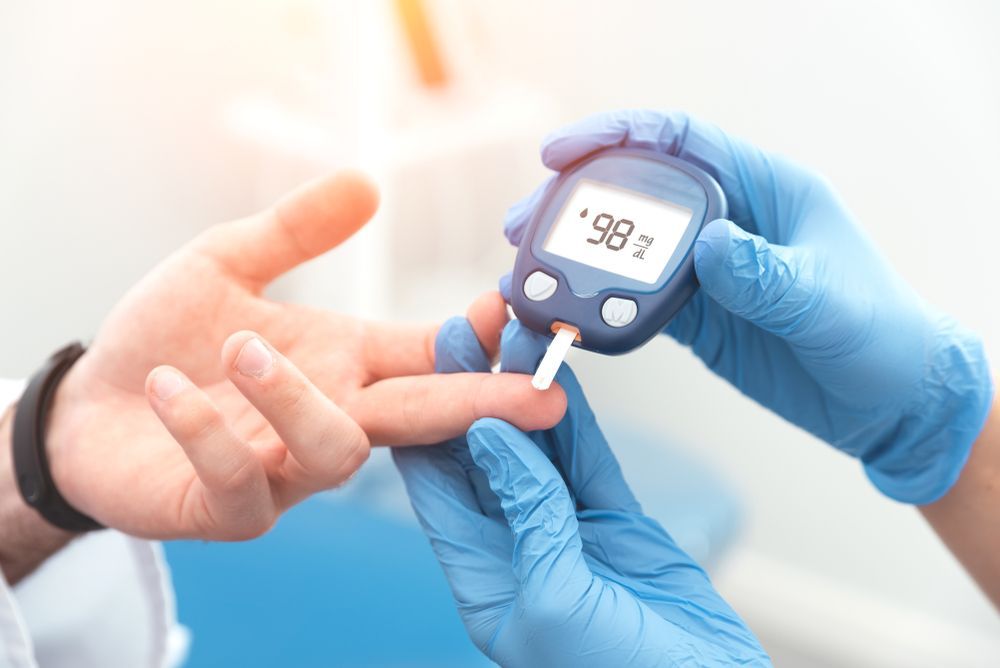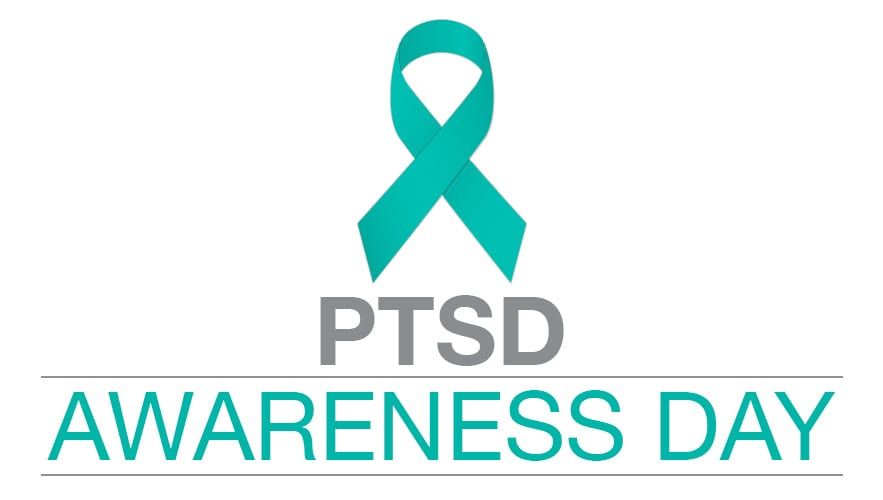WorkCover Claims: The Essential Role of Exercise Physiologists
Imagine you're a hardworking individual who has unfortunately suffered a workplace injury. You're now navigating the complex world of WorkCover claims, all while trying to recover and get back to your normal life. In this challenging time, the right support is crucial and that's where an Exercise Physiologist comes in. Read on to learn more about how exercise physiology can aid your recovery journey.
WorkCover and Exercise Physiology: A Vital Connection
WorkCover is a compulsory insurance scheme that provides compensation for workers who have been injured or become sick due to their work. It covers medical expenses, rehabilitation costs and lost wages. This cover can also cover the costs of sessions with exercise physiologists.
Exercise physiologists are university-trained health professionals who develop, deliver and evaluate safe and effective exercise interventions for people with acute, subacute, or chronic health conditions, injuries or disabilities. They play a pivotal role in the recovery process of injured workers. By creating tailored exercise, movement and lifestyle programs, they help manage or recover from a range of conditions while supporting behavioural modification, dietary recommendations and carefully curated exercise regimes.
How Does Exercise Physiology Speed Up Injury Recovery?
Exercise physiology is a science that studies the body's responses to physical activity and how it adapts to ongoing exercise. It's not just about getting you moving; it's about using specific exercises as a form of medicine to aid in your recovery.
Research has shown that targeted exercise programs can dramatically reduce aches, pains and unnecessary discomfort. Exercise physiologists use their knowledge of the human body and exercise to develop programs that address medical conditions and injuries, helping you get back to optimal health and function.
Exercise Physiology: A Key to Mental Well-being
Physical activity isn't just good for your body; it's beneficial for your mind too. Regular exercise can have a profoundly positive impact on mental health conditions such as depression, anxiety and ADHD. It also relieves stress, improves memory, helps you sleep better and boosts your overall mood.
Exercise physiologists are equipped to provide exercise as a form of treatment for these mental health disorders. By incorporating physical activity into your recovery plan, they can help manage work-related stress and anxiety, contributing to overall mental well-being
Can Exercise Physiology Help Prevent Workplace Injuries?
Prevention is always better than cure. Exercise physiologists don't just help with recovery; they also play a crucial role in injury prevention. They can help design safe workplace practices and routines to minimise the risk of injuries. By teaching proper movement techniques and creating personalised exercise programs, they can help you strengthen your body and prevent future injuries.
Workplaces and Industries Associated with Workplace Injury
Certain workplaces and industries are inherently associated with a higher risk of injuries due to the nature of their work. These include, but are not limited to, construction, manufacturing, healthcare and transportation sectors. Workers in these industries often perform physically demanding tasks, work with heavy or hazardous equipment, or are required to maintain awkward postures for extended periods.
In the unfortunate event of a workplace injury, exercise physiologists play a crucial role in the rehabilitation process. They can help injured workers regain their strength and mobility, facilitate a safe return to work and equip them with the knowledge to prevent future injuries.
Exercise Physiologists Near You
At EPA Health, we believe in the power of exercise physiology in aiding recovery and preventing injuries. Our accredited exercise physiologists in Victoria and Queensland are here to help you manage or recover from a range of conditions while supporting you through behavioural modification, dietary recommendations and carefully curated exercise regimes.
We invite you to get in touch via our contact page or give us a call for more information or to book a consultation. Let us be your partner in your recovery journey.












